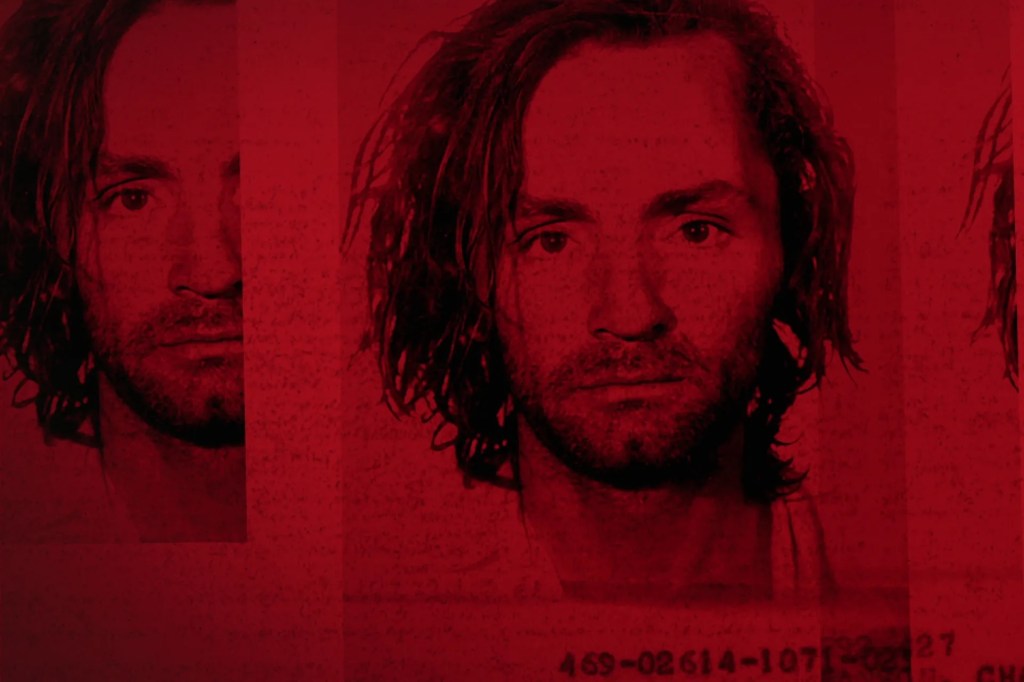Unraveling Darkness: A Deep Dive Into Errol Morris’ Gripping Manson Murders Documentary
Errol Morris, a master of documentary storytelling, has once again captivated audiences with his latest Netflix offering, “Chaos: The Manson Murders.” This film delves into the intricate and haunting web surrounding one of America’s most infamous crime sprees. With a unique blend of frustration and intrigue, Morris encourages viewers to critically examine the nature of truth and the lingering shadows that haunt the aftermath of heinous acts. This article will explore the documentary’s themes, its historical context, and the impact it has on our understanding of the Manson murders.
The Historical Context of the Manson Murders
The Manson murders, occurring in 1969, are a pivotal moment in American criminal history. Charles Manson, a charismatic figure who led a cult known as the Manson Family, orchestrated a series of brutal killings that shocked the nation. The most notorious of these was the Tate-LaBianca murders, where actress Sharon Tate and four others were brutally slain. This shocking event not only marked a turning point in crime but also reflected the societal upheaval of the 1960s, characterized by a clash between counterculture ideals and traditional values.
Morris’ documentary doesn’t merely recount the grisly details of these murders; it seeks to understand the chaos and confusion that surrounded them. By revisiting the events through interviews and archival footage, Morris highlights the complexities of the case and the myriad of narratives that emerged in its wake. This exploration underscores the theme of truth and how it can be obscured by time, media sensationalism, and public perception.
Errol Morris’ Approach to Storytelling
Known for his distinctive interviewing style and philosophical musings, Errol Morris employs a unique narrative technique in “Chaos: The Manson Murders.” He utilizes a mix of interviews, reenactments, and archival footage to create a tapestry of perspectives surrounding the events. This method allows viewers to engage with the material on a deeper level, inviting them to question the reliability of memory and the subjective nature of truth.
One of the most compelling aspects of the documentary is how Morris frames the interviews. He engages with individuals who were close to the case, including law enforcement officials, journalists, and surviving family members of the victims. Through these conversations, the documentary reveals the emotional toll the murders took on those involved, providing a humanizing lens to a story often told through sensationalist narratives.
The Nature of Truth in “Chaos: The Manson Murders”
At the heart of “Chaos: The Manson Murders” is a probing examination of what constitutes truth. Morris challenges viewers to confront the murky waters of reality, where facts can be manipulated, and narratives can shift over time. This exploration is particularly relevant in today’s media landscape, where misinformation and sensationalism can distort public perception.
Throughout the documentary, Morris poses critical questions about the nature of truth: How do personal biases shape our understanding of events? Can we ever truly know what happened? By intertwining these philosophical questions with the harrowing details of the Manson murders, Morris creates a compelling narrative that is both thought-provoking and unsettling.
The Legacy of the Manson Murders
The impact of the Manson murders extends far beyond the immediate horror of the crimes. They have permeated popular culture, influencing countless films, books, and documentaries. Morris’ documentary adds to this legacy by reframing the narrative around these events. Instead of merely sensationalizing the horror, “Chaos” seeks to understand the broader implications of the murders on American society.
By examining the psychological and sociological factors that contributed to the Manson Family’s actions, the documentary encourages viewers to reflect on the darker aspects of human nature. It raises questions about the allure of cults, the search for identity, and the extremes individuals will go to in the name of belief.
Viewer Reception and Cultural Impact
Viewers have responded to the documentary not just as a recounting of historical events but as a relevant commentary on contemporary issues such as the nature of violence, the media’s role in shaping public perception, and the question of accountability in the face of atrocity. In an age where true crime narratives are ubiquitous, Morris’ work stands out for its philosophical depth and its refusal to provide easy answers.
Conclusion: A Call to Reflect on Our Understanding of Truth
In “Chaos: The Manson Murders,” Errol Morris invites viewers to embark on a journey into the heart of darkness that surrounded one of America’s most notorious crime sprees. Through his lens of frustration and intrigue, he compels us to reflect on the nature of truth and the shadows it casts long after the crimes have faded from the headlines. The documentary serves as a reminder that the pursuit of truth is often fraught with complexities and challenges, urging us to remain vigilant and questioning in a world where narratives can easily become distorted.
As we unravel the layers of chaos surrounding the Manson murders, we are left with more questions than answers. In this exploration of darkness, Morris not only sheds light on a historical tragedy but also prompts us to examine our own understanding of truth and the narratives we choose to believe. “Chaos” is more than just a documentary; it is an invitation to engage with the complexities of human nature and the enduring impact of our choices.
See more CNET Live

